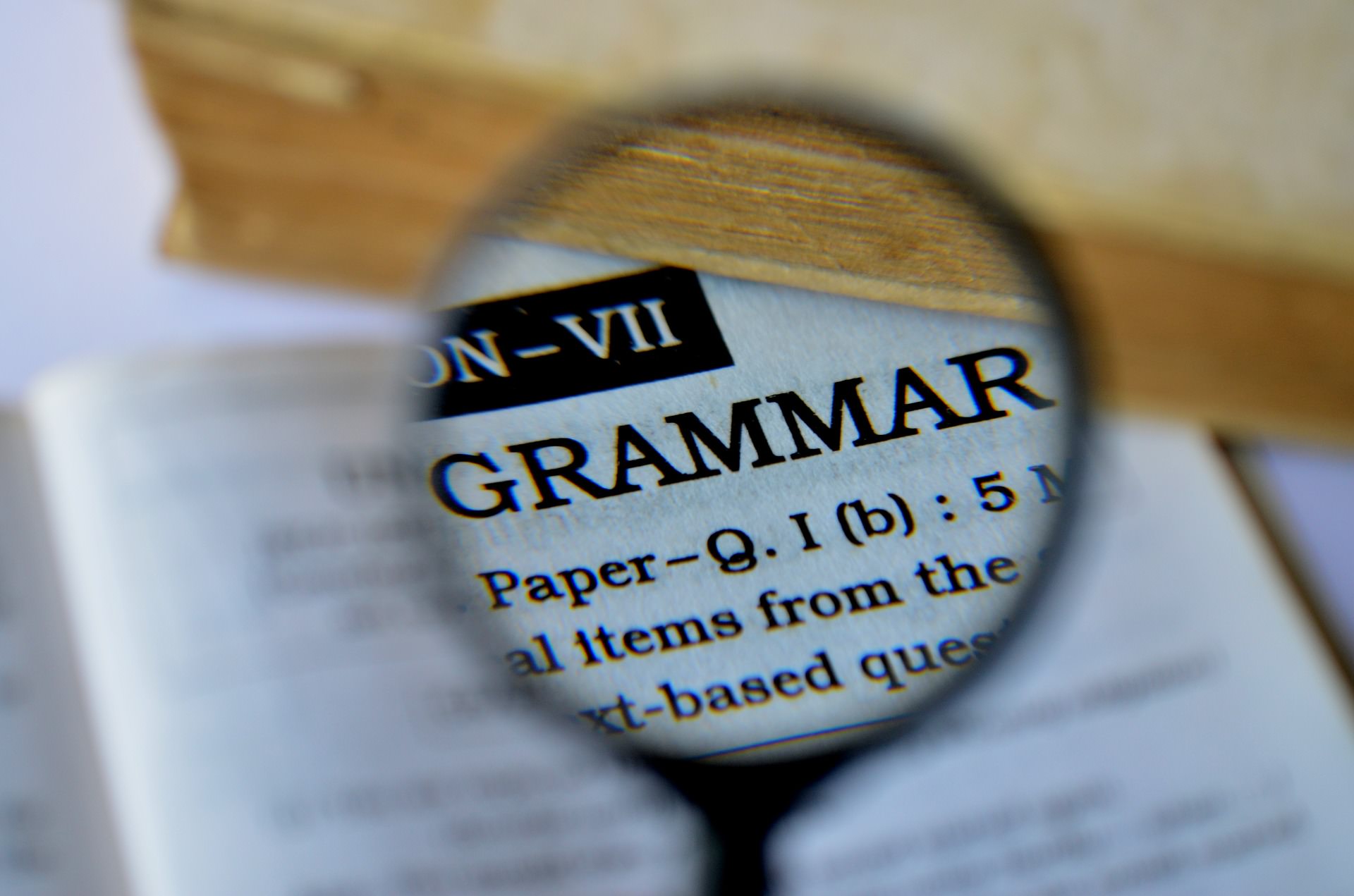Hyphens can be tricky little things. We see them in sentences all the time, but many of us aren’t sure when to use them. There’s a reason for that: they’re not always straightforward.
When I’m writing or editing I might not always hyphenate, but when I’m considering it, I at least know where to look for the rules.
Look it up
The first place to look for answers on hyphenation is any dictionary. My favourite is the Macquarie Dictionary online. Be sure to check the box labelled “Did you mean?” so you receive the correct results. In fact, Macquarie says, “English has many compounds and the presence or absence of a hyphen or space affects the search”. I keep the box checked at all times.
The trick with searching a dictionary, though, is to choose one and stick with it. I say this because sometimes dictionaries don’t agree. For example, search for “self-aware” in Macquarie and it is defined as “conscious of or knowing one’s character, abilities, and weaknesses, etc.” Search for the same word in Merriam-Webster Unabridged Dictionary and you’ll be told “the word you’ve entered isn’t in the Unabridged Dictionary. Click on a spelling suggestion below or try again using the search bar above”. For consistency, always use the same dictionary.
Follow your style guide
The second place to look is any style manual. As a copyeditor, I have a dog-eared sixteenth edition of The Chicago Manual of Style on my desk. I seriously doubt I could do my job without it. If my dictionary search has proved unproductive, I check the seventh chapter of CMOS to see if the word (or something similar to base my decision on) is listed in the rules for compounds and hyphenation or in the hyphenation table. They have an awesome 10-page version of the hyphenation table available online. I highly recommend it.
Sometimes the rule is: there are no rules
Hyphenation rules can seem complicated and often lead to confusion for the writer. In some situations there are no hard and fast rules and the use of a hyphen is a matter of personal preference. But here are a few simple tricks to determine if a hyphen is necessary:
Phrasal adjectives
Generally, you should hyphenate two or more words acting as a single thought (called a phrasal adjective) that come before the noun they are modifying. Consider the difference between an exotic animal owner and an exotic-animal owner. The first implies that the animal owner is exotic, but the person is actually an owner of exotic animals, so “exotic animal” must be hyphenated to show it is a phrasal adjective modifying “owner”. Remember that phrasal adjectives are usually hyphenated only when they precede a noun: extra-thick socks as opposed to socks that are extra thick.
It is never incorrect to hyphenate phrasal adjectives before a noun.
Don’t hyphenate adverbs
Do not hyphenate adverbs ending in ly when combined with an adjective or participle, either preceding or following the noun. So you wouldn’t write, for example, “The man is sharply-dressed” or “The sharply-dressed man walked by the window.”
Hyphens before capitals
Always use a hyphen when you place a prefix onto a capitalised word: anti-American, sub-Saharan, neo-Nazi, post-Vietnam, etc.
Avoid doubles
You’ll need to hyphenate a prefix to avoid creating a double i or a double a: anti-inflammatory, ultra-active. However, a double o is acceptable, such as cooperate.
Don’t change your meaning
Always hyphenate when the prefix you are adding would create a completely different word if it were not hyphenated, for example, re-creation versus recreation, re-cover versus recover, or re-sign versus resign.
Take care with the exes
When the prefix ex is used to mean former, it should be connected to the noun with a hyphen. For example, ex-wife, ex-husband, ex-mayor.
When the prefix ex is used to mean out of, it doesn’t require a hyphen, such as with excommunicate.
Self
The prefix self is always hyphenated: self-made, self-addressed, self-sustaining, etc.
Clarity is the name of the game
My final word of advice is probably the most important. If the meaning is unclear, confusing or misleading without a hyphen, definitely add that hyphen.
If you need copyediting services, get in touch with Lush.
Like what you’ve read? Sign up to the Lush newsletter for advice to help you market your business better, tips from our video production gurus, and a podcast or two from our favourite podcasting team, Brand Newsroom.
